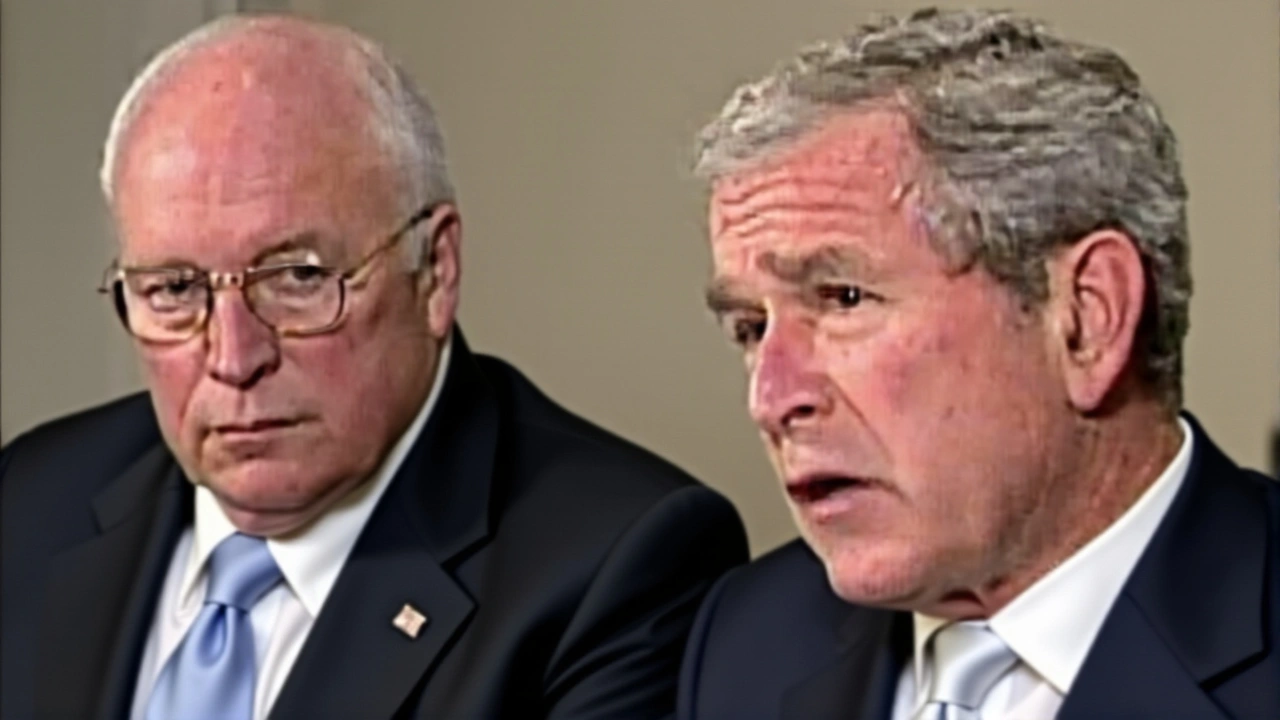National Security Legacy
When we talk about national security legacy, the long-term impact of how a country protects itself through institutions, policies, and past decisions. Also known as state security history, it’s not just about military strength—it’s about who held power, how they used it, and whether they answered for it. In South Africa, this legacy isn’t buried in old files. It’s alive in courtrooms, police stations, and the quiet conversations people have about who they can trust.
The Madlanga Commission, a judicial inquiry into abuse of crime intelligence in KwaZulu-Natal brought this to the front. When Police Commissioner Nhlanhla Mkhwanazi named MPs for misusing intelligence tools and said he was never summoned by the Zondo Commission, he didn’t just reveal gaps—he exposed a pattern. This isn’t isolated. It’s part of a larger national security legacy where oversight was weak, accountability was optional, and power stayed in the hands of a few. The same legacy shows up in the R2bn corruption scandal tied to former Tembisa Hospital CEO Ashley Mthunzi, where state resources meant for health became weapons in a system rigged for personal gain.
What’s left behind isn’t just broken systems. It’s public distrust. When people see crime intelligence used to silence critics instead of stopping crime, or when police task teams vanish without explanation, the idea of security turns hollow. The national security legacy in South Africa today is being rewritten—not by new laws alone, but by who speaks up, who gets heard, and whether institutions finally answer to the people they’re supposed to protect. The posts here don’t just report on events. They trace the threads: from intelligence abuse to procurement fraud, from silenced witnesses to the slow push for reform. What you’ll find below isn’t a list of headlines. It’s a map of where the past still lives—and where change might finally take root.

Dick Cheney dies at 84; only official to serve under both Bush presidents
Dick Cheney, the only official to serve as defense secretary under George H.W. Bush and vice president under George W. Bush, died at 84 from complications of pneumonia and heart disease, ending a defining era in American national security policy.